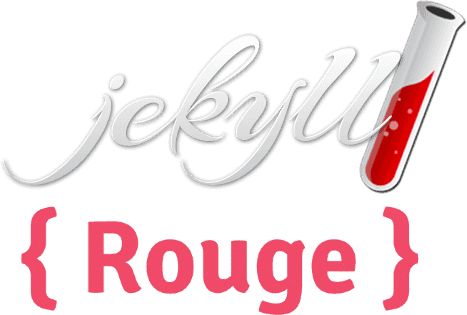The problem with highlighting PHP code with Rouge

By default Jekyll version 3, ships with Rouge syntax highlighter. It has built in support for syntax highlighting of over 100 languages. I’m using Rouge with fenced code blocks in markdown. But I noticed that in the case of PHP code, the highlighting does not work at all.
We can create fenced code blocks by placing triple backticks ``` before and after the code block. To enable syntax highlighting in our fenced code block we need to add a language identifier. For example, to syntax highlight Ruby code we use the following:
```ruby
require 'redcarpet'
markdown = Redcarpet.new("Hello World!")
puts markdown.to_html
```
And output will be the following:
require 'redcarpet'
markdown = Redcarpet.new("Hello World!")
puts markdown.to_html
You can see that Ruby is rendered fine. Also with any other languages, except for PHP. Example:
// Define global constants
$plugin_data = get_file_data( __FILE__, array( 'name'=>'Plugin Name', 'version'=>'Version', 'text'=>'Text Domain' ) );
function allmetatags_constants( $constant_name, $value ) {
$constant_name_prefix = 'ALLMT_';
$constant_name = $constant_name_prefix . $constant_name;
if ( !defined( $constant_name ) )
define( $constant_name, $value );
}
allmetatags_constants( 'DIR', dirname( plugin_basename( __FILE__ ) ) );
allmetatags_constants( 'NAME', $plugin_data['name'] );
After some experiments, I found out that the PHP syntax highlighting only works when including the HTML tag <?php, even though we indicated that the code block needs to be parsed as PHP. Example;
```php <?php There our PHP code. ```
And output will be the following:
<?php
// Define global constants
$plugin_data = get_file_data( __FILE__, array( 'name'=>'Plugin Name', 'version'=>'Version', 'text'=>'Text Domain' ) );
function allmetatags_constants( $constant_name, $value ) {
$constant_name_prefix = 'ALLMT_';
$constant_name = $constant_name_prefix . $constant_name;
if ( !defined( $constant_name ) )
define( $constant_name, $value );
}
allmetatags_constants( 'DIR', dirname( plugin_basename( __FILE__ ) ) );
allmetatags_constants( 'NAME', $plugin_data['name'] );
This method works but I do not like it. Another way to do the same is to add the option start_inline=1 to the language identifier, like this:
```php?start_inline=1 There our PHP code. ```
And output will be the following:
// Define global constants
$plugin_data = get_file_data( __FILE__, array( 'name'=>'Plugin Name', 'version'=>'Version', 'text'=>'Text Domain' ) );
function allmetatags_constants( $constant_name, $value ) {
$constant_name_prefix = 'ALLMT_';
$constant_name = $constant_name_prefix . $constant_name;
if ( !defined( $constant_name ) )
define( $constant_name, $value );
}
allmetatags_constants( 'DIR', dirname( plugin_basename( __FILE__ ) ) );
allmetatags_constants( 'NAME', $plugin_data['name'] );
Done!
Unfortunately, I have not yet found a way to do this automatically, so we have to include the language option start_inline=1 in every PHP code blocks.
If you are having trouble fixing this problem with the instructions above, but are being able to solve this problem with any another method please describe it in the comment section below. Thanks!
If this article has helped you solve the problem with highlighting of the PHP code examples on your Jekyll website then please leave a comment ![]()
Thanks for reading!
Arthur is a designer and full stack software engineer. He is the founder of Space X-Chimp and the blog My Cyber Universe. His personal website can be found at arthurgareginyan.com.


